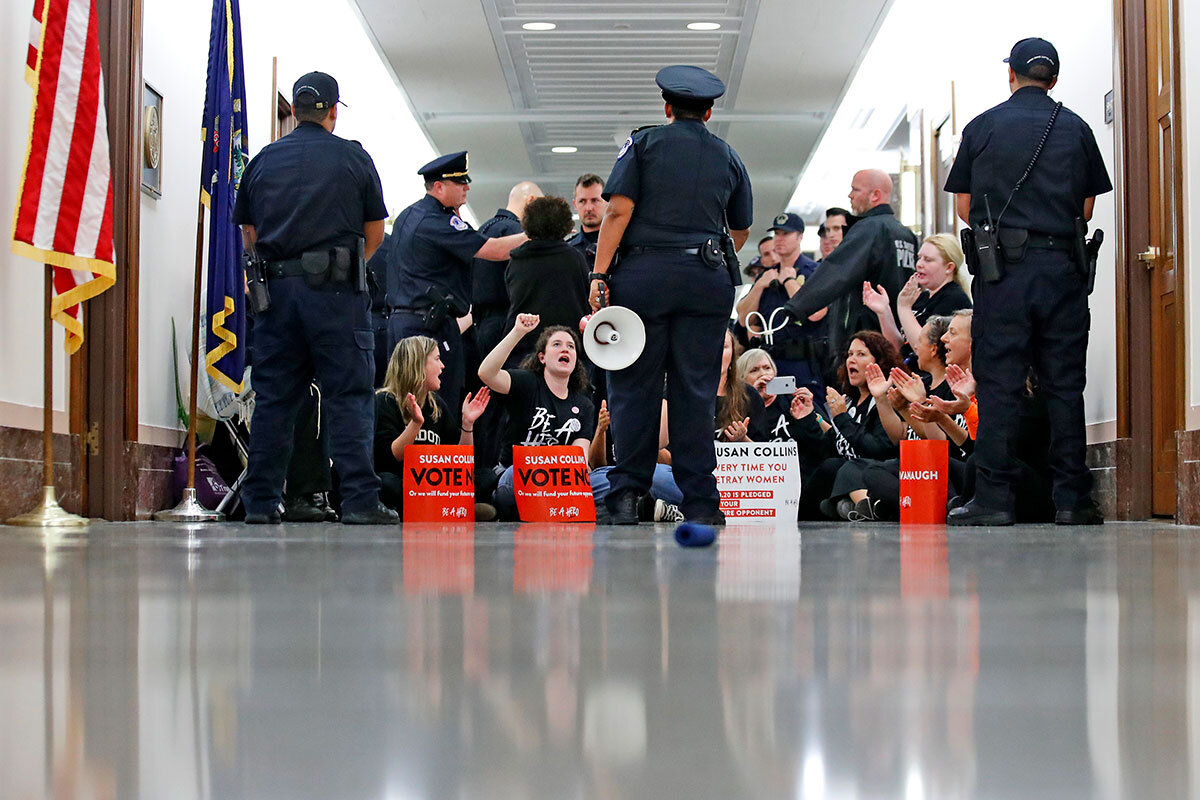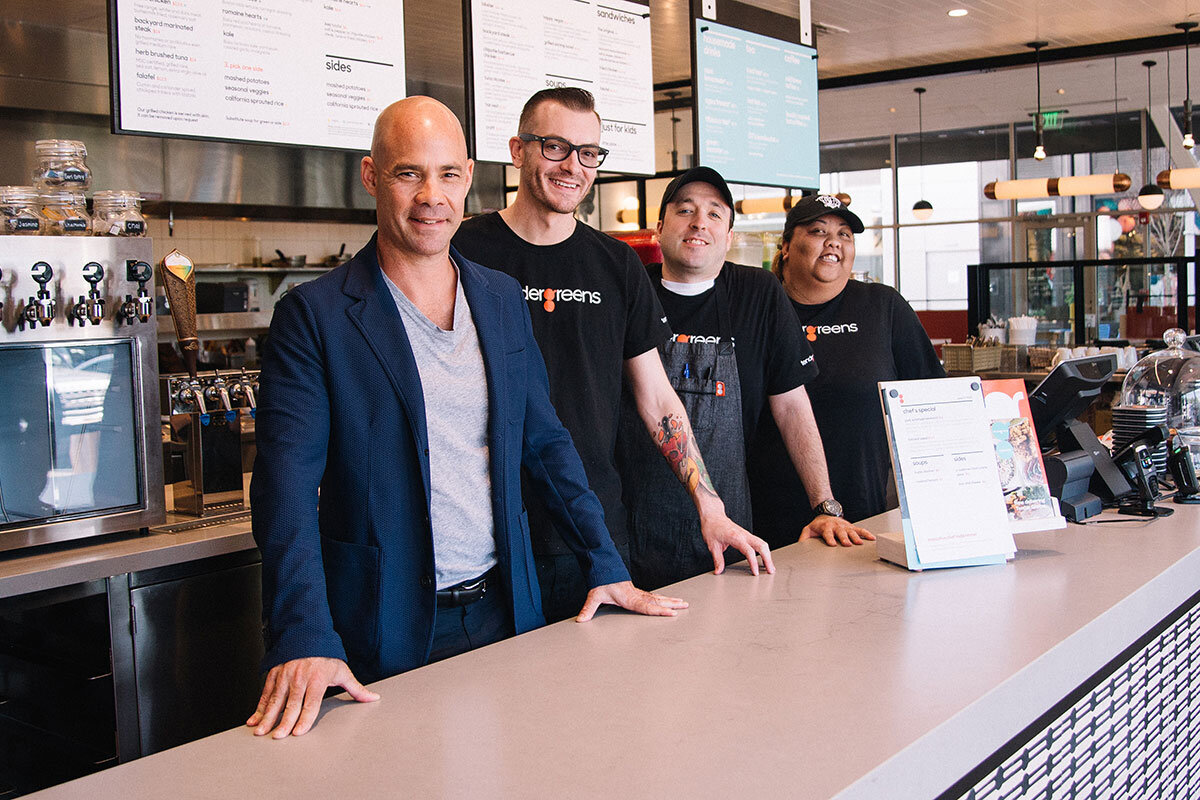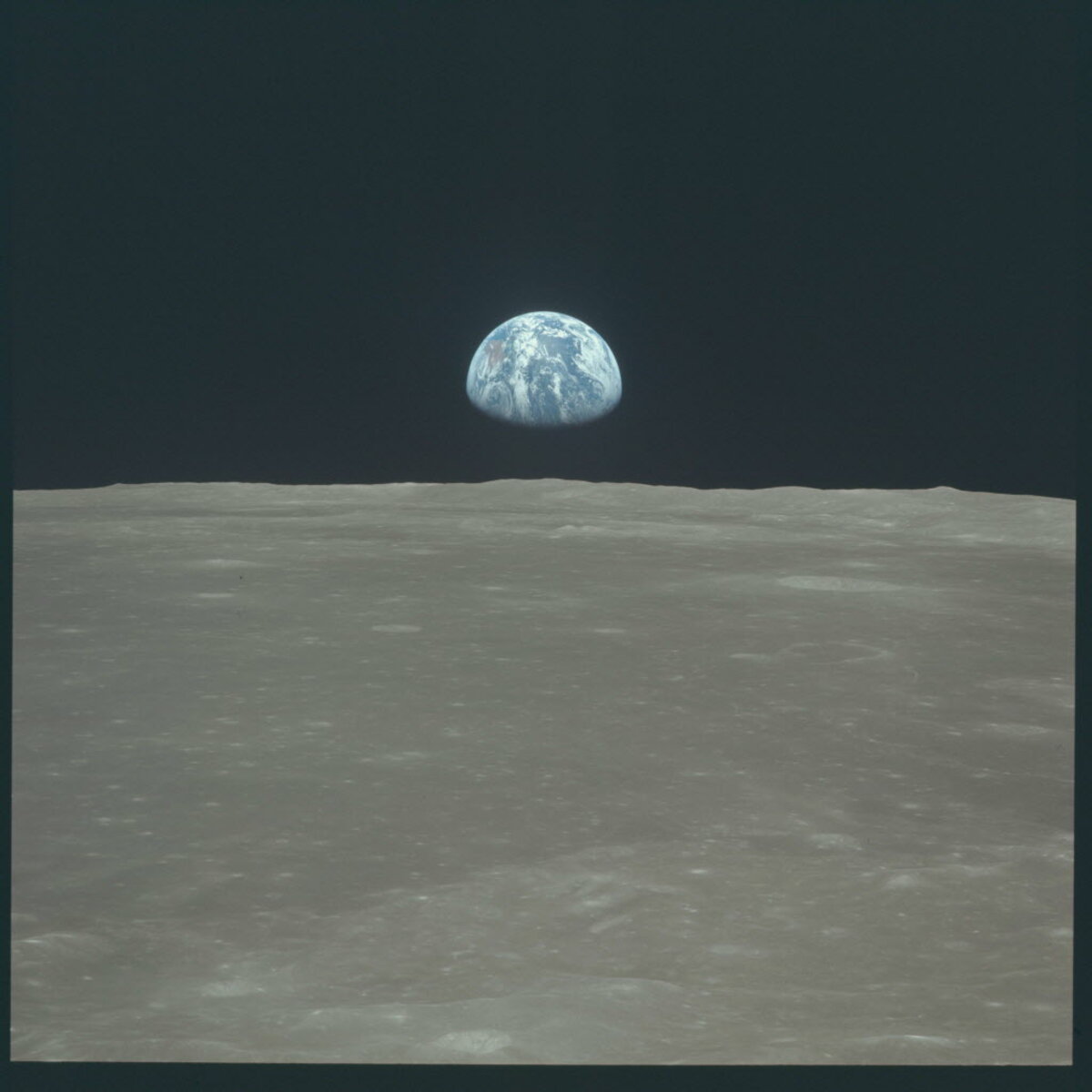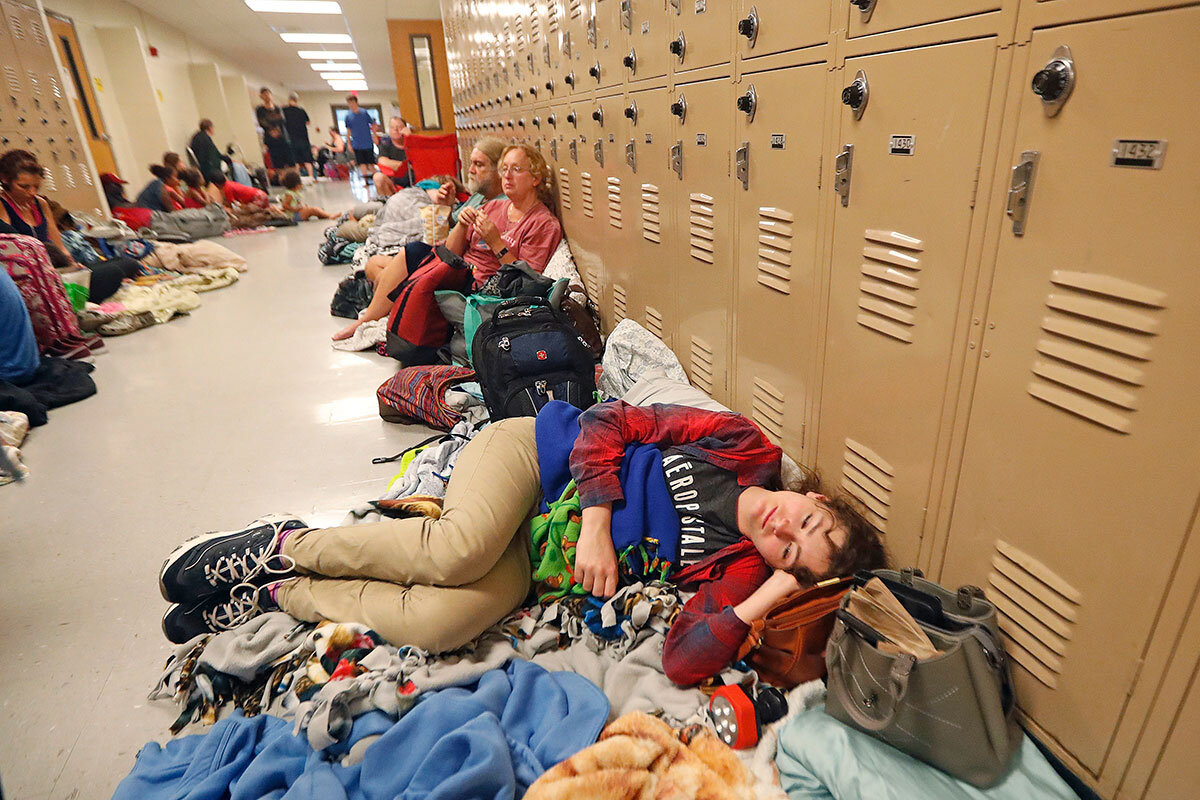Democracies aim to turn political passions into protests and activism. Living through such a time, however, draws on civic reservoirs of patience and goodwill.
Monitor Daily Podcast
- Follow us:
- Apple Podcasts
- Spotify
- RSS Feed
- Download
 Mark Sappenfield
Mark Sappenfield
Youths in Kenya, Mexico, Nigeria, and India are more optimistic about their futures than those in Germany, Great Britain, France, or Sweden. From a certain perspective, those poll results might seem somewhat surprising. After all, rates of violence, personal wealth, and political corruption are much better in Germany or Sweden than Mexico or India.
So why are people who are, by many measures, in a worse situation actually more hopeful? The simple answer is that they see positive change. Sociologists have found an effective way to measure hope: Do you expect your life to be better than your parents’? Overwhelmingly, the people in Kenya, Mexico, Nigeria, and India are saying yes. Those in the West are less sure.
The past 300 years have provided a fairly universal roadmap for how countries can escape widespread poverty. The progress is astounding. The past two years, however, have shown that there is not yet a similar roadmap for how developed countries can keep growing in a way that inspires hope across all groups.
That, it seems, is the challenge of today. Experiments from Brexit to universal income are part of the attempt to find an answer, and the political upheaval in the West in many ways merely underscores the need to take a step forward.
Now, here are our five stories for the day, which look at the larger lessons from a journalist’s disappearance in Turkey, a shifting sense of identity in Quebec, and a heaping plate of self-worth.










